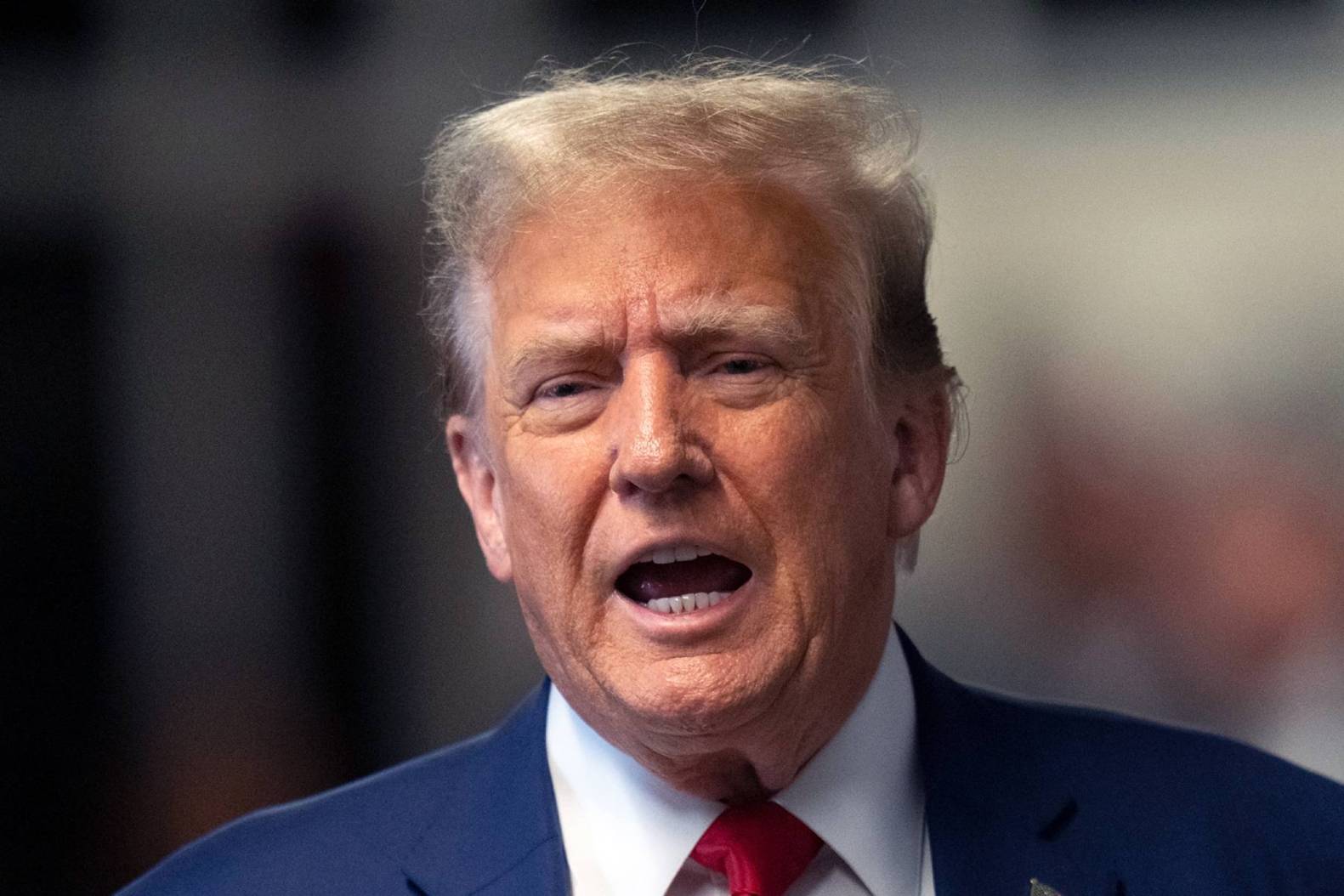In the wake of the Supreme Court’s recent ruling affirming presidents’ “absolute” immunity from prosecution for official acts committed while in office, former President Donald Trump has swiftly moved to challenge his hush money conviction in New York. Trump’s legal team, in a letter to Judge Juan Merchan overseeing the case, requested permission to file a motion to contest the verdict. This development comes just 10 days before the scheduled sentencing for Trump’s involvement in the Manhattan case, where he was found guilty on 34 felony counts of falsifying business records related to a payment made to adult film actress Stormy Daniels.
Trump’s attorneys argued in the letter that the immunity decision, which confirmed their stance that District Attorney Alvin Bragg lacked the authority to introduce evidence regarding the former president’s “official acts,” effectively nullifies the jury’s guilty verdict. They further requested the judge to postpone the sentencing until next week. The district attorney’s office did not submit the expected sentencing submission on Monday.
The Supreme Court’s 6-3 decision grants former presidents “absolute immunity” from criminal prosecution for actions within their constitutional authority, while also entitling them to presumptive immunity for all official acts. However, unofficial acts do not enjoy such immunity. The case will now return to a lower court in Washington to determine which alleged acts in Trump’s indictment fall under the category of official or unofficial.
Trump’s New York case is one of four criminal indictments he faces. The Supreme Court ruling effectively ensures that the ongoing election interference case against the former president, pursued by the Justice Department, will not proceed to trial before the November election.
In a dissenting opinion, Justice Sonia Sotomayor, joined by Justices Elena Kagan and Ketanji Brown Jackson, expressed concern that the ruling effectively grants the president immunity from criminal prosecution, likening it to making the president “a king above the law.” Sotomayor highlighted the potential implications, stating that any official use of presidential powers, such as ordering the assassination of a political rival or organizing a military coup, would now be immune from prosecution.

